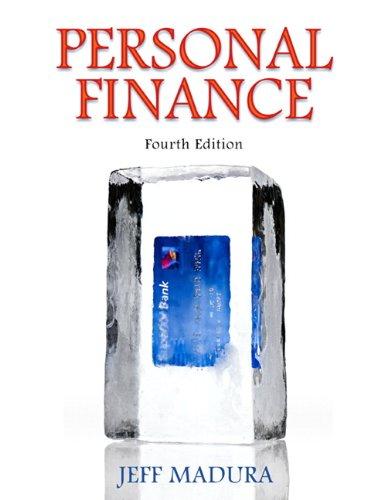1. Which of the following statements regarding COBRA benefits is incorrect?
| a. | The benefit recipient must pay the full cost of coverage plus up to 2% of the premium to cover administrative expenses (if required by the employer). |
| b. | Qualifying events for COBRA include death of a covered employee and reduction of an employees full time hours to part time hours. |
| c. | COBRA requires certain employees to provide previously covered persons with the same coverage received prior to the discontinuation of coverage. |
| d. | Employers must offer coverage for 36 months if the employee is terminated and for 18 months if the employee dies. |
2. Sally has a major medical policy with a $500 annual deductible and an 80/20 coinsurance provision, with a $2,000 stop loss provision. Sally breaks a leg dancing and has surgery that costs $12,000. How much will she have to pay for the surgery in total?
3. Which of the following statements concerning major medical plans is (are) correct?
I. Major medical expense plans contain a coinsurance provision, whereby the plan will pay only a specified percentage of the covered expenses that exceed the deductible.
II. Many major medical contracts contain coverage for hospital and physicians and surgeons fees, medications, and durable medical equipment (such as wheelchairs and hospital beds).
4. All of the following statements regarding a Health Savings Account are true except:
| a. | Contributions made to the HSA by the plan participant are tax-deductible as an adjustment to gross income (above the line). |
| b. | Distributions from the HSA to pay for medical expenses are excluded from income. |
| c. | An employer makes contributions to an HSA on behalf of an employee, and the contribution limits are not exceeded, the employer contribution is not included in the taxable income of the employee. |
| d. | A 10% penalty applies to nonmedical expense withdrawals prior to age 65. |
5. All of the following statements regarding a Health Savings Account are true except:
| a. | Contributions made to the HSA by the plan participant are tax-deductible as an adjustment to gross income (above the line). |
| b. | Distributions from the HSA to pay for medical expenses are excluded from income. |
| c. | An employer makes contributions to an HSA on behalf of an employee, and the contribution limits are not exceeded, the employer contribution is not included in the taxable income of the employee. |
| d. | A 10% penalty applies to nonmedical expense withdrawals prior to age 65. |






